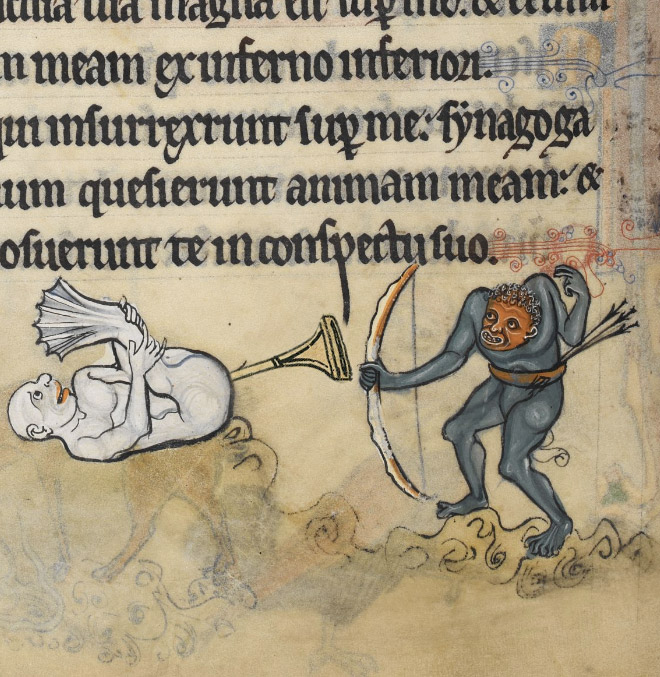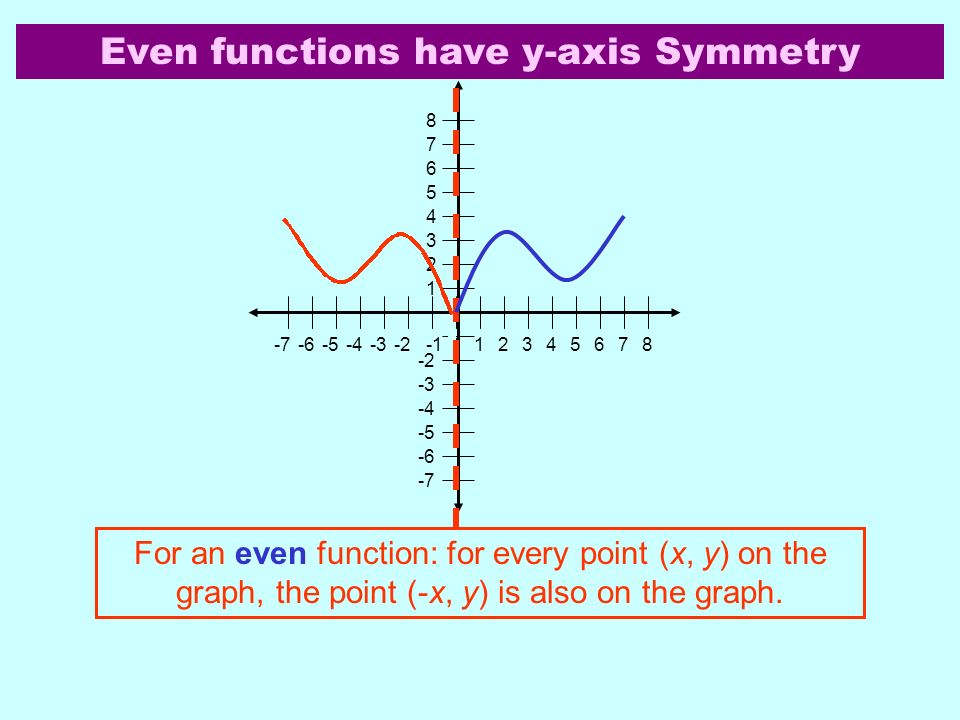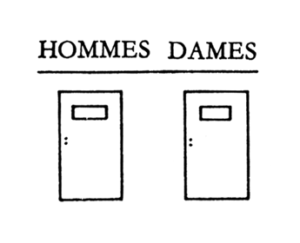
Source:
Open Culture, December 8th, 2020
We previously studied the complications of “playing with Other’s toy” by showing the similarities between the Ukrainian kids’ playing with the plush Javelin toys and the UkroNazis’ playing with the real Javelin missile toys.
Now we will study a similar case:
The unbearable lightness of defending the independence of Ukraine by the Ukrainians who well fulfilled their fantasies by having already moved to the West…
The similarity between the two cases is that, while in both cases they allegedly struggle for their independence, they pathetically end up in—dependence by mind and soul. Continue reading “The joy of shifting between middle finger and bloody ass — Engin Kurtay”





